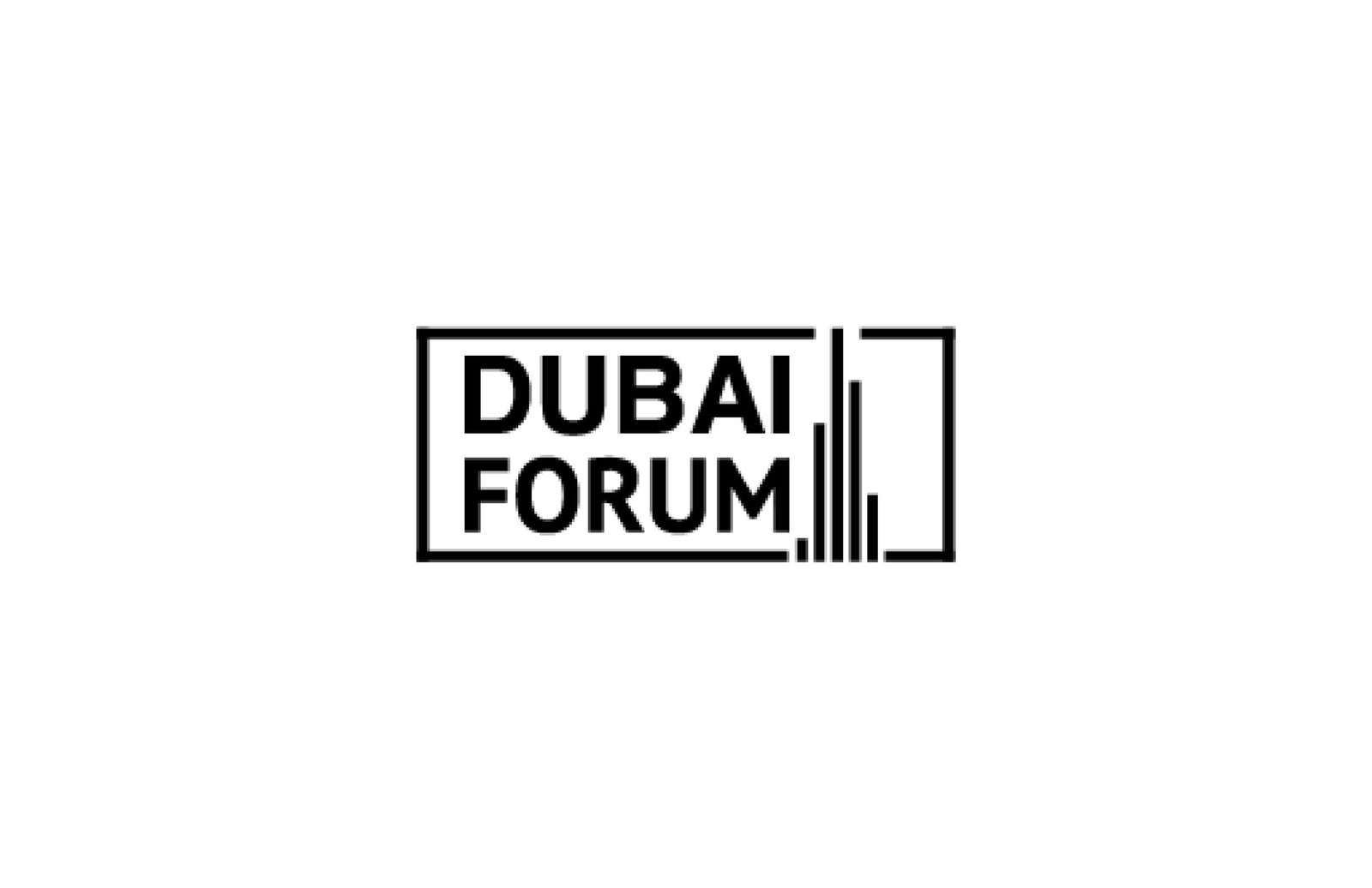The Evolving Landscape of Real Estate in the Gulf Region
In recent years, the real estate market in the Gulf region has undergone a significant transformation, reflecting broader economic trends and sociocultural shifts. Countries such as the United Arab Emirates, Saudi Arabia, and Qatar are at the forefront of this change, driven by a combination of government initiatives, foreign investment, and evolving consumer preferences. The implications of these developments are far-reaching, not only for investors and developers but also for the millions of expatriates who call this region home.
A Shift in Market Dynamics
Historically, the Gulf real estate market has been characterized by its rapid growth and subsequent volatility. However, recent trends suggest a shift towards greater stability and maturity. As globalization continues to influence markets, the demand for diverse property types has increased. In particular, mixed-use developments that combine residential, commercial, and recreational spaces are gaining traction. Such projects not only enhance urban livability but also align with the modern consumer’s desire for convenience and accessibility.
Government reforms aimed at diversifying economies away from oil dependency have contributed to this evolving landscape. In Saudi Arabia, for instance, the Vision 2030 initiative has led to significant investments in real estate infrastructure, with an emphasis on smart cities. Projects such as NEOM—an ambitious cross-border city being developed along the Red Sea— highlight the kingdom’s commitment to transforming its real estate sector to attract both local and international talent.
Foreign Investment and Economic Diversification
The Gulf Cooperation Council (GCC) states have become increasingly attractive to foreign investors, partly due to their relatively stable political climates and favorable business environments. The UAE, particularly Dubai and Abu Dhabi, has been a frontrunner in attracting international investment, thanks to a series of regulations designed to enhance transparency and reduce barriers to entry for foreign buyers.
Dubai’s property market, for example, has seen a resurgence as expatriates and foreign nationals take advantage of new visa laws that offer longer residency options for investors and their families. This move has sparked renewed interest in luxury properties, with high-end developments in areas such as Downtown Dubai and the Palm Jumeirah experiencing a surge in demand. Such trends underscore a growing recognition that real estate investment can serve as both a personal and financial asset for expatriates seeking to establish a foothold in the region.
Expanding Housing Options for Expatriates
The real estate market’s evolution also addresses the needs of the expatriate community, which constitutes a significant portion of the population across the GCC. Traditionally, expatriates have been catered to with rental properties, often concentrated in specific areas of cities. However, the increasing feasibility of property ownership for expats is changing this narrative.
Legislative changes in various Gulf countries have opened the door for expatriates to purchase property on freehold terms, allowing for easier ownership options. Developers are responding by creating communities that resonate with expatriate lifestyles, featuring amenities that appeal to their diverse cultural backgrounds. This is evident in developments targeting specific nationalities or communities, fostering a sense of belonging and community spirit.
Sustainability and Smart Living
As urbanization accelerates across the Gulf region, sustainability has emerged as a key theme in real estate development. Governments are prioritizing eco-friendly building practices and smart technologies to create more sustainable living environments. This forward-thinking approach not only addresses climate change challenges but also enhances the quality of life for residents.
In Qatar, for example, the incorporation of sustainable practices in construction is a significant aspect of the preparations for the 2022 FIFA World Cup. Stadiums and related infrastructure have been designed with energy efficiency in mind, setting a precedent for future developments in the region.
Conclusion
The Gulf real estate market stands at a critical juncture, characterized by a transition towards greater stability, inclusivity, and sustainability. As governmental policies and market conditions evolve, the implications of these changes will resonate across various sectors of the economy. For expatriates, investors, and indeed the broader community, the opportunities presented by this dynamic real estate landscape are abundant and compelling. The journey ahead is one of exciting possibilities, as the Gulf continues to redefine urban living in a rapidly changing world.
Tags:
#RealEstateNews #EconomyNews #UAE #Saudi #Qatar

